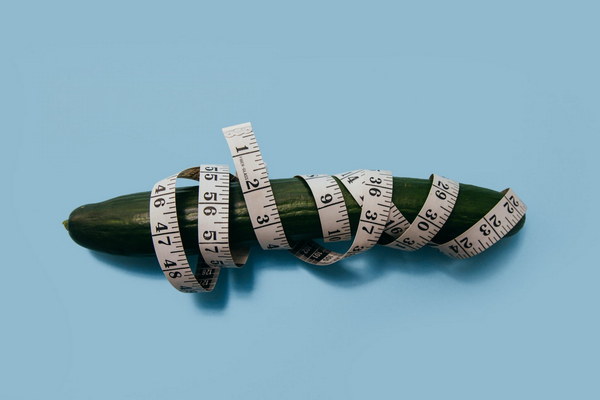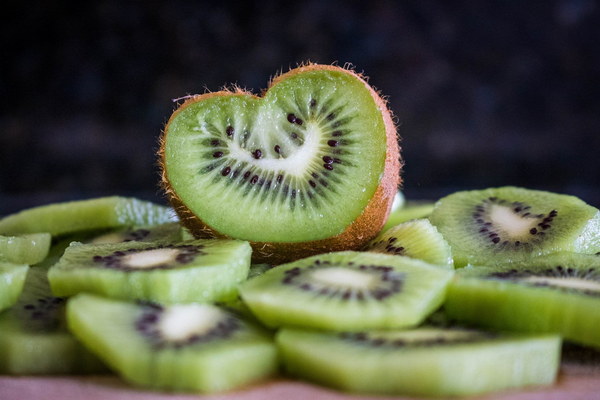Boosting Fetal Development Nutritional Supplements for a Small-for-Gestational-Age Baby
Introduction:
Pregnancy is a delicate phase where the health of both mother and baby is of utmost importance. One common concern that may arise during pregnancy is when a fetus is found to be small for gestational age (SGA). In such cases, proper nutrition plays a crucial role in supporting fetal development. This article will provide insights into the nutritional supplements that can help in such situations.
1. Folic Acid:
Folic acid is essential for fetal development, particularly in the formation of the neural tube. Women who are pregnant or planning to conceive should take a folic acid supplement daily. It is recommended to start with 400-800 mcg of folic acid per day before conception and continue throughout the pregnancy. Foods rich in folic acid include leafy green vegetables, fortified cereals, and legumes.
2. Iron:
Iron is vital for the production of hemoglobin, which carries oxygen to the fetus. Iron deficiency during pregnancy can lead to low birth weight and increased risk of preterm birth. Taking an iron supplement, typically 27 mg per day, is advisable. Good dietary sources of iron include lean meats, poultry, fish, beans, lentils, and fortified cereals.
3. Calcium:
Calcium is essential for the development of the baby's bones and teeth. Adequate calcium intake is crucial to prevent maternal bone loss and ensure proper fetal growth. The recommended daily intake of calcium during pregnancy is 1000-1300 mg. Dairy products like milk, cheese, and yogurt are excellent sources of calcium, along with fortified plant-based milk alternatives.
4. Protein:
Protein is the building block of life and plays a crucial role in fetal development. Adequate protein intake ensures proper growth and development of the baby. The recommended daily protein intake during pregnancy is 71 grams. Good sources of protein include lean meats, poultry, fish, eggs, dairy products, legumes, nuts, and seeds.
5. Omega-3 Fatty Acids:
Omega-3 fatty acids, particularly DHA (docosahexaenoic acid), are essential for fetal brain and eye development. Fish oil supplements rich in DHA can be beneficial, but it is important to consult a healthcare provider before taking them, as certain types of fish may contain high levels of mercury. Algal-based DHA supplements are a safe alternative. Foods rich in omega-3 fatty acids include fatty fish like salmon, sardines, and mackerel.
6. Vitamin D:
Vitamin D is crucial for calcium absorption and bone health. Deficiency in vitamin D during pregnancy can lead to weakened bones in both mother and baby. The recommended daily intake of vitamin D during pregnancy is 600-800 IU. Good sources of vitamin D include fatty fish, fish liver oils, egg yolks, and fortified dairy products. Sunlight exposure can also contribute to vitamin D synthesis.

7. Vitamin C:
Vitamin C is an antioxidant that helps in the absorption of iron and supports immune function. Adequate vitamin C intake is beneficial for both mother and baby. The recommended daily intake of vitamin C during pregnancy is 85 mg. Citrus fruits, berries, kiwi, bell peppers, and leafy green vegetables are excellent sources of vitamin C.
Conclusion:
When a fetus is found to be small for gestational age, proper nutrition becomes even more crucial. Incorporating the right nutritional supplements and a balanced diet can significantly contribute to the healthy development of the baby. It is always advisable to consult a healthcare provider before starting any new supplement or making significant dietary changes during pregnancy.









